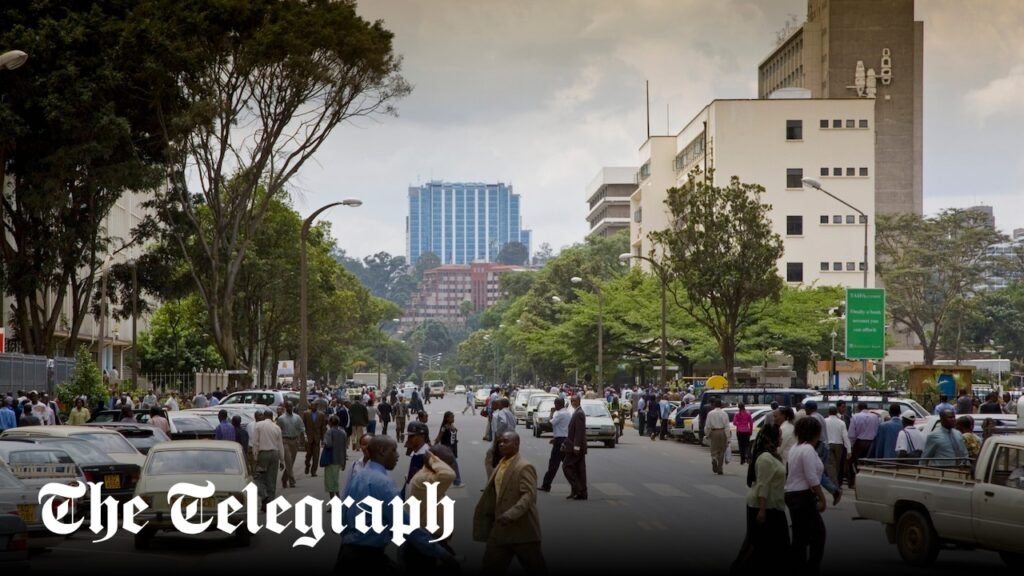Bondholders, including BlackRock, earlier this year agreed to a debt restructuring deal after Zambia declared bankruptcy in 2020.
The deal could reduce the government’s repayments by up to £1.1bn and spread future payments over a longer period of time, but it took four years to negotiate.
The delay was blamed on private creditors seeking a deal that offered better returns.
Even after debt relief measures, Zambia will still pay two-thirds of its budget in debt repayments from 2024 to 2026.
An earlier investigation by Catholic Charities Cafod, another aid agency, had alleged that BlackRock, which is also the largest private creditor to Ghana, Nigeria, Zambia and Senegal, was actively thwarting debt relief plans. .
Dario Kenner, Cafod’s head of debt policy, said it was “shameful” that “cowboy lenders” refused to cancel or restructure the debt.
The IMF and World Bank have been very open about how the loans will be repaid, including encouraging governments to increase sales taxes such as VAT.
By contrast, eurobond repayment plans are deliberately opaque, campaigners say.
This predicament is exacerbated by banks’ insistence on repayments in the US dollar, a currency that is always stronger than the debtor country’s currency.
“Some of the debt is wrapped up in further debt, which is wrapped up in Eurobonds and other financial packages,” continued Christian Aid campaign director Larby.
“So it’s difficult to know line by line how much debt is in the accounts of individual private companies. It’s very intentional. To truly understand the scale of what individual companies own private creditors can have substantial influence over the government.

